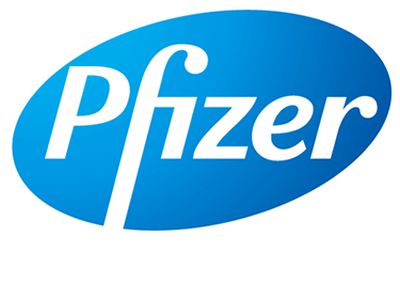

Scientist – Cancer Epigenetics
December 7, 2018 - January 8, 2019
Pfizer’s Oncology Research Unit (ORU) in La Jolla, California, is seeking a Scientist focused on translating basic discoveries in the field of cancer epigenetics into novel therapeutics.
Our ideal candidate will work within a collaborative team environment to perform laboratory-based research. The candidate will employ genetic and pharmacological methods to discover and confirm candidates for novel cancer therapeutics. As a member of the group, this person will also be involved in mechanism-of-action studies, the interpretation and presentation of data, and will function as an integral member of the team to advance new targets. The successful candidate will have experience in state-of-the-art techniques in epigenomic profiling (ATAC-seq, ChIP-seq) as well as a basic understanding of epigenetic regulation in the tumor microenvironment.
Role Responsibilities
Work independently and as part of project teams to design, execute, analyze/interpret, and refine experiments ranging from biochemical and molecular assays, in vitro and in vivo target modulation in model systems, in vitro pharmacology, biomarker assay development, and clinical sample analysis.
Depending upon the stage of project, specific duties to include:
- Application of genetic and pharmacologic approaches to modulate drug targets in vitro, and assess functional impact on cancer initiation and progression. This will include functional genomics techniques, viral vector delivery, transfection, antibodies, small molecules and other pharmacologic approaches to modulate targets in vitro.
- Develop, optimize, and implement assays that constitute the compound screening funnel.
- Generate engineered cell lines for primary and secondary pharmacology.
- Execute secondary cell-based assays across various technology platforms – qPCR, ChIP, RNA-seq, ATAC-seq, FACS, immunofluorescence, western blotting, ELISA, high content screening, etc.
- Develop and apply complex in vitro assays for target validation and secondary pharmacology: spheroid models, colony forming assays, 3D co-culture systems.
- Collaborate with in vivo pharmacology group for efficacy testing, PK/PD and pre-clinical PoC experiments.
- In addition to efficacy testing, carry out supporting assays (ELISA, western blot, gene expression analysis of tissue lysates) to assess target modulation levels and downstream effects.
- Use electronic data capture/analysis tools such as Excel, GraphPad, Biobook, Spotfire and PowerPoint for experimental documentation and data analysis/presentations.
- Present research results and methodologies at weekly meetings with immediate supervisor, at Epigenetic team meetings, and with members of the oncology research unit as appropriate (example: project team meetings).
- Contribute to building a culture that embraces scientific excellence, urgency, continuous learning and improvement, increasing technical skill base and cancer biology expertise; take a proactive role in personal growth and scientific development.
Basic Qualifications
- B.S./M.S. in Cell Biology, Molecular Biology (or a comparable biological science) with minimum of 6 years relevant post-degree experience for B.S; 5 years for M.S.
- Extensive hands on experience with cell-based assays to monitor and analyze effects of target modulation (ELISA, ICW, FRET, Luminescence based assays).
- Experience in functional genomics techniques (CRISPR, RNAi) for target assessment and generation of cell lines.
- Experience in molecular biology techniques for analysis of chromatin structure/function (ATAC-seq, ChIP-seq), gene expression, and protein expression
- Must be able to work in a team environment, have excellent communication skills and be able to present data at project team meetings.
- Ability to master new concepts and techniques quickly.
- Strong attention to detail and organizational skills to manage projects in parallel.
